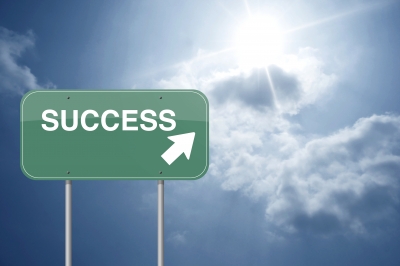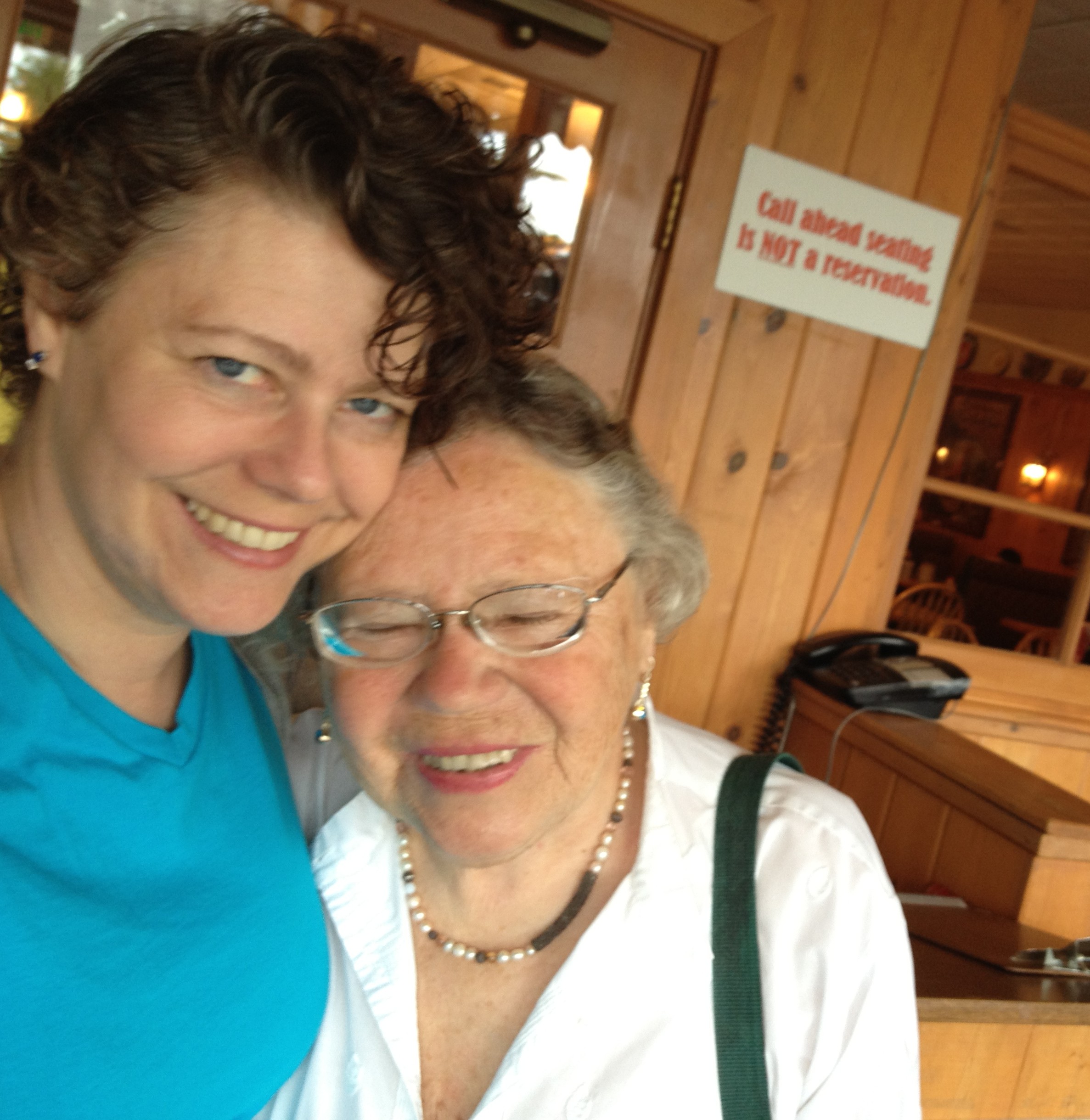Featured image by scottchan for freedigitalphotos.net
I began teaching a social media certificate class this month to 31 adults in downtown Seattle at the University of Washington’s Continuing Education Program. I’m really enjoying it – the students are enthusiastic and operating all at different levels of social media expertise and experience. Creating material for a three hour class on a weekly basis is no walk in the park, but I love it so far! It’s an exercise in visual, rigorous, accountable, consistent long form weekly content creation.
At the same time, I’ve also been working with some fabulous musicians as a marketing consultant, helping them develop their marketing plans, define their music career business goals, and then execute against those goals.
AND I’ve also been trying to keep up with the fast paced and ever changing worlds of both social media and music. Oh, and then there’s the new set of songs Stevie and I are working on for 2015 release.
I got to thinking a few weeks ago about how to distill down the things I see as vital for musicians – and any small business owner – to attend to as part of their social media for the coming year. [Tweet “Here is what I would tell you to do in 2015 if you were my client”] So here is what I would tell you to do in 2015 with your social media if you were my music marketing client:
- Understand your primary social media business goals. Don’t jump into social media just because you feel you “need to be on social media.” Are you promoting a new album release, an event or tour? Is your primary goal to increase followers or Likes? Or are you trying to get the attention of bloggers, press or industry influencers? Are you trying to win a music contest or raise money via Kickstarter or Pledgemusic or some other platform? Is your goal to promote coupons or discounts to encourage fans to buy your music or merchandise directly from your website? Your goals will help determine both what social media channels to focus on, and what kinds of activities (posts) to engage in. Set some reasonable, concrete, realistic, numerical social media goals for 6 months and for a year from now – goals with numbers and a timeline. It’s easy to get lost, sidetracked and overwhelmed in social media. If you’re not aiming at something, you won’t know if you’ve succeeded. [Tweet “It’s easy to get lost, sidetracked and overwhelmed in social media.”]
- Know who your target market is. What are the basic demographics (age, sex, location, artists they like) for your super fans? If you don’t have a big fan base, research the demographics of bands you consider your competition. I also wrote a blog post on identifying your super fan that includes some great online research tools.
- While you’re at it, check out your competition’s social media presence and best practices and copy them. The best artists steal the best ideas and make them their own – even in social media . Where does your competition post most often on social media? What kinds of content do they create regularly and share on social media? [Tweet “The best artists steal the best ideas and make them their own – even in social media . “]

- Don’t try to be everywhere. If you have not yet begun using socialmedia consistently to advance your music career (or even if you have), pick 1-2 social media channels to focus your efforts on, depending on where your target market hangs out. The ones I tell my clients to focus on are YouTube, Facebook and either Twitter or Instagram. First, make sure your social media bio rocks. Make it the same across all your social media channels. Next, have a music video strategy and get your YouTube channel organized. Having a YouTube channel is necessary for musicians, since YouTube is the number two search engine after Google, and the number one search engine for music. Facebook continues to be the dominant social media platform for reaching fans and for advertising, and especially for reaching an increasingly mature demographic (Baby Boomers). But having fans like a page doesn’t mean they see your posts anymore – Facebook is changing its algorithms and “organic reach” is declining. It’s a pay-to-play world on Facebook now. Learn how to create events and promote posts, as these are the two most effective means of using Facebook to drive people to your events and promote your music. Instagram continues to grow, and is especially prominent in the 18-29 year old demographic. Google+ is a good place to publish links to blogs and howto videos. Twitter is great for musicians as well, but you need to commit to learning how to use it effectively and grow your following, or your presence will languish at a few hundred followers.
- Make sure social media is integrated into all your offline marketing activities. For example, have a business card with your Facebook page URL (create a friendly one!) or your Twitter or Instagram handle, add “Like [bandname] on Twitter for band news, concert updates and special offers” to your show banner, and make sure all your social media links are at the bottom of every newsletter you send out. Announce that you are on social media at shows.
- Always bring people back to your website when you share. Don’t share tweets on Facebook or Facebook posts on Twitter – share a blog entry you wrote, or an album review summary on your website on Twitter and on Facebook. If you don’t have a website, get one. Wix, WordPress, Bandzoogle, Hostbaby – it’s far too cheap and easy to create a good-looking music website these days. Include social media buttons on the Home Page and make sure all blog posts, music, and review pages have share buttons so fans can spread the word around. People look at a website in an “F” pattern, so make sure your social media follow buttons are top right, topline, or top left on the Home Page. Don’t make them tiny and put them all the way at the bottom (“below the fold”), where vistors have to scroll down to find them. Just make sure those are social media channels that you plan to be active on. Don’t put them there just for the sake of putting them there! [Tweet “Make sure you are active on the social media channels you put on your website.”]
- Make sure your social media content is mobile-ready and your website is mobile-enabled. People access social media via mobile in an increasing percentage. Access to Facebook and Twitter was over 50% via mobile devices in 2014, and obviously Instagram has been a mobile platform from the beginning. It doesn’t do you any good if you create great content, distribute it via social media, and link back to your website – but no one can access it from their smartphone or it looks crappy. Not being mobile also hurts your search engine ranking (SEO), and Google now has an online tool to help you determine if your site is mobile-friendly.
- Content marketing (posting useful, entertaining or informative information in the form of music, photos, blogs, podcasts, videos, newsletters, Vines, etc.) is the heart of good social media in the 21st century for any business, and promoting music is a business. Content marketing is the best way to reach out to fans who might not be familiar with your music and bring them into your fan base. First, figure out what content you LIKE to create, and have the skills and equipment to create regularly. Like, regularly. On an actual schedule. (In social media academia, we call this a content calendar, but you don’t need to be fancy about it). If you like writing, write a blog. If you like taking pictures, get them up on Facebook and Instagram. If you like witty quips or inspirational quotes, try Twitter or Facebook. If your show posters are super awesomely beautiful and creative, feature those regularly on your social media channels. The bottom line is, if you enjoy creating something, you will keep doing it, and social media requires consistency and persistence. Fans respond best to content that is created on a regular schedule, and in a manner they come to expect and appreciate. Make sure you give your fans a way to comment on your content or respond to you, too – don’t post pictures on Instagram or tweet pithy quotes and then never reply when someone comments on it! [Tweet “Social media requires consistency and persistence.”]
- Be visual. Video and images are one of the big growth areas for marketing, especially micro-videos and video blogging. Create memes using Canva or similar easy-to-use tools, if you like to do that sort of thing. Make candid videos or something artsy with your smartphone. Native video is growing on Facebook, and tweets that have images are more likely to be shared. Create Vines. Make sure your blog posts all have multiple images included. Don’t feel like you need to do all of these things – just pick one or two at the most and enjoy them. Buffer has a great list of sources for free images you can also use. No excuses now!
- Don’t go it alone. Join some music-specific Facebook groups and Twitter chats. They’re great places to share and receive information and support with other musicians, and network for ideas, business contacts, and even recording or touring collaboration. The Seattle Soul Scene is a Facebook networking and support group specific to musicians in my home town of Seattle. Madalyn Sklar runs two of my favorite music networks for women, GoGirls Elite Facebook Group (requires a paid membership), and the Thursday #ggchat (free and open to both male and female musicians). Social Media Examiner just posted a great article on How To Network With Facebook Groups, which shows you how to use Facebook’s Graph Search to find a group that’s right for you.
Please share your thoughts and experiences with social media, and let me know what you think of this post, in the comments below.





38 comments
Thanks for the shout out, Solveig!! I appreciate that. Your article was extremely informative. You rock!!
You know I am a big fan of yours, Madalyn! Keep on building community among musicians, as you have for so many years now! (And not just women, I might add!)
Great article, Solveig! Thanks for posting, and thanks to Madalyn for the FB share!
Glad you liked it, Diane! Thanks for the feedback.
I really like the idea of focusing on a few social media sites instead many. Tending to all the social media opportunities can be time consuming. I think its better to have really good content on a few rather than watered down content on many. I will take your advice and will concentrate more on YouTube. Thanks.
Totally agree, G.E. YouTube is a great channel to focus on for musicians – it doesn’t guarantee you will get noticed, but good content will enhance the professional presence you project online as a musician, increase visibility, and provide opportunities to interact with fans.
“Wix, WordPress, Bandzoogle, Hostbaby” which do you recommend, for a band? (We can’t afford to hire)
Hi John – Thanks for asking. It depends a little on how much technical skill you have and how much work you want to do both designing and maintaining your site. I recommend WordPress for maximum flexibility in design – IF you are moderately technically inclined and can handle some minor programming and the fact that you will need to make sure you do regular updates on plugins. Worpdress.org itself is free, and many of the templates and plugins are as well, but you will need to pay for hosting and for your domain name (if you don’t already have one). Those things are included for one price in a service like Bandzoogle or Hostbaby, and they have some nice built-in security and design features. If you want the maximum ease of construction as well as an assurance that your site will be kept relatively secure, use a moderate paid subscription platform like Bandzoogle or Hostbaby (monthly or annual fees are modest). They are both fantastic solutions and no technical knowledge or aptitude is required to create a very attractive looking site very quickly. Both are geared toward musicians, which means some nice features. The trade-off is flexibility in design, but if you know some CSS you can get around that. Wix is increasingly popular because it makes beautiful sites and is easy to use, but it’s not specifically for musicians. However, I know it has been used successfully by musicians. I have not used it myself, but I hear very good things about it. Hope that helps 🙂
Thanks for the great article. Lots of good tips here!
Glad you liked it Mark! Thank you for taking the time to leave your feedback – it’s greatly appreciated!
I appreciate your social media checklist.In these article there are much more important things that can be taken into the consideration.And also totally agree that youtube is also a necessary medium for the Musicians.Awesome.!
Thank you Binny!
Such great and clear advice Solveig, every emerging musician needs to read and implement it!
Thank you, Charlene! Glad you found the article helpful.
Thanks, I was looking for something up to date and this fit the bill. Great Article!
Thanks for the feedback, Nate! I’m glad you found it useful.
Really appreciate this! Social media has become such an overwhelming endeavor, it’s great to have some solid advice on where to start.
Thanks for the feedback, Patrick! Glad you found it useful.
Thanks for some great tips – they’re really useful, and simplify the complex world of social media!
Milin
http://www.MusicUnLtd.in
Thanks for the comment, Milind!
Thanks for the great post. I am a composer looking to focus my efforts on media sites and you have provided some great tools and tips.
Great article Solveig!
Thank you, Mojo 🙂
Great article! I get a lot of compliments on my social media abilities and I’ve built most of my career with it but it’s always a good idea to poke around one a year or so to stay open minded about trends and what you can do better. Keep up the good work!
Thanks for the comment, Wesley!
Such a great article! Doing a project for my university course and this was so helpful to give me some direction. Safe to say I’ll be coming back here more often!
WOW. Most informative and important article I’ve read – in I don’t know how long. Fantastic explanation – clear – and inspiring. Now, I’ve got work to do…thank you!!!
Thanks, Jessica! I’m so glad you found the Checklist helpful! Best of luck with your music career!
Great article.!!!!! Thank you very much!!! I really was getting crazy trying to be on Twitter, Instagram, facebook and others, but I discovered that Facebook, Soundcloud and a really good youtube channel will work increible for any musician. Soundcloud is a great place to have your discography organized and of course, facebook to interact with people.
hey Thanks for this great article. it makes perfect sense and coming as an artist from India couldnt relate better to this. Clutter, chaos and total confusion for us artists. Thankfully it was a little was a little easier with my genie (I fondly call them for they are a good bunch of guys) called LOCALTURNON – they claim to be India’s #1 Music dance connect platform and are doing are a reasonably good work. And they seem to be doing most of the things that you have mentioned above. Think will share this lead to them as well 🙂